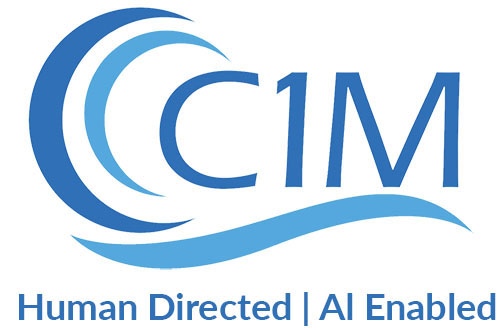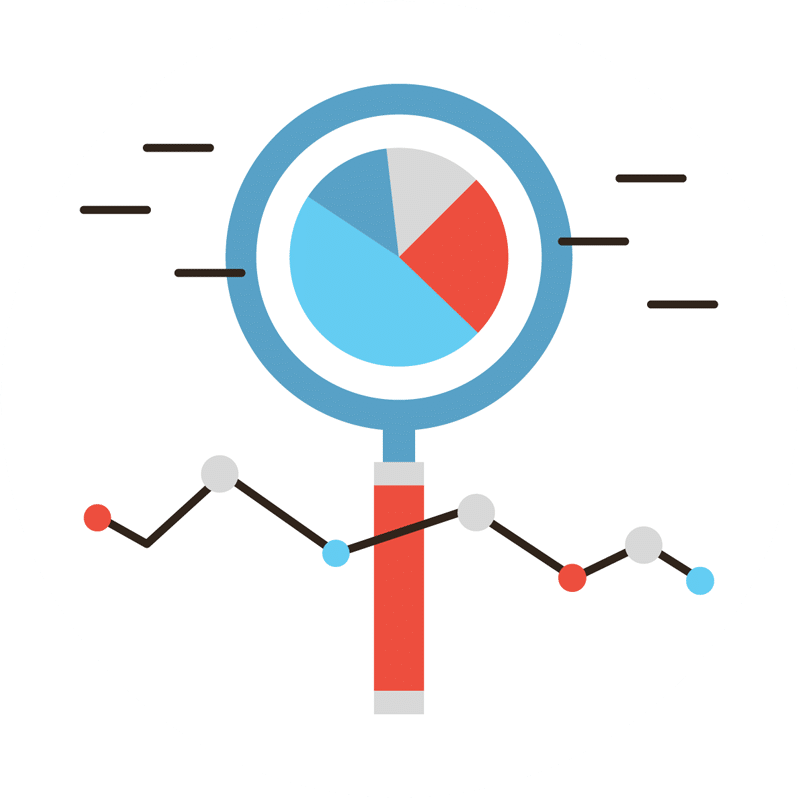
It’s disheartening when you invest countless hours of your time and energy into building a website, only for it to remain 5, 10 or even 50 pages deep in the search engine results for its target keyword. Common sense should tell you that you won’t receive many visitors with your site listed this deep in the SERPs (search engine results pages). Granted, you may receive a trickle of visitors here and there, but it fails in comparison to the amount of traffic websites listed on the first page will receive.
Create Content that Is “Sticky and Spreadable”
The number one way to improve your site’s rankings is to provide useful information — instead of just going through the motions to update your content regularly — take the time to ensure it’s information you’re proud to share.
“Sticky” content is content that engages visitors and keeps them on your site — in other words, readers find it useful. You should be continually asking yourself, “How will this information benefit my target audience?” In addition, avoid making all of your content about your product or service. Aim to inform and entertain your readers.
“Spreadable” is content that users are likely to share and link their sites back to. To create spreadable or shareable content, give away some useful information for free — this will build trust with your readers, as well as make them more likely to share it.
Interlinking
Are you interlinking your pages together? If not, you should be. When you publish an article or blog post containing information that’s relevant to an existing page within your site, hyperlink it with the appropriate anchor text. This encourages visitors to access multiple pages, which subsequently lowers your bounce rate and improves your search rankings.
Interlinking serves a separate purpose that’s often overlooked: it helps search engines crawl your site more easily. Search engines work by following links, and without links, they won’t know that a page exists.
Natural Link Building
Make sure you link to your articles or site when you post things on social media. If you use graphics and video, add an embed code to encourage sharing as well as adding a link back to your site. Backlinks, links to your site from other sites, is a big factor search engines look for when deciding how to rank sites in their (SERPs). Click to learn more about creating backlinks.
Keywords and Compelling Headlines
Use relevant keywords in your headlines and subheads, as well as in the taglines, page titles, images and the URL of your pages. When users key in phrases into search engines, having keywords that match or are similar will help boost your site’s ranking.
However, don’t overload your content with keywords or search engines will penalize you — as well as the content won’t feel natural to readers. Always write for your readers and use phrases that you normally would when explaining or describing something. And last, spend some time on your headlines. Headlines must be compelling or readers won’t bother to click on them. Check out our free headline tool by clicking here.
Commenting
Another SEO tip that’s helpful for improving the overall quality of your content is to enable visitor commenting. Most content management systems (CMS), including WordPress, Joomla and Drupal, offer this feature. Each time a visitor leaves a comment, it creates new, unique content for your website — content that search engines love.
Be warned, though, enabling visitor commenting will undoubtedly attract some spam, so be prepared to weed through the comments to separate the real ones from the fake ones. You can install plugins which can help protect your site from spam comments, so depending on which platform your blog uses, search for the most popular and highly rated ones. Click to read more about visitor comments and managing spam comments in WordPress.
Outbound Links
Some webmasters assume that outbound links will harm their site, so they tend to avoid using them. By including them in your content, however, you’ll improve its overall quality while subsequently showing Google that your website isn’t a one-way street so to speak. Yes, some visitors may click on an outbound link and never return back to your site, but the majority will in fact return.
The key thing to remember is that you should use them sparingly, only linking to relevant, authoritative sources that are related to your niche. You should consider setting some outbound links to open in a new window, especially if the link is to something the reader may only want to review for a few moments before returning back to your site. Contact us for help.
Have any other content tips that you would like to share with our readers? Let us know in the comments section below!


